
SSD vs HDD – Which is Better?
Discover the perfect storage solution - Explore the benefits of SSD vs HDD and find out which powers your laptop best. 💾🚀
PCIe Gen 4 SSD performance, compatibility, and value explained so you can decide if upgrading makes sense ⚡🔧 Learn real gains, motherboard needs, thermals, and cost.
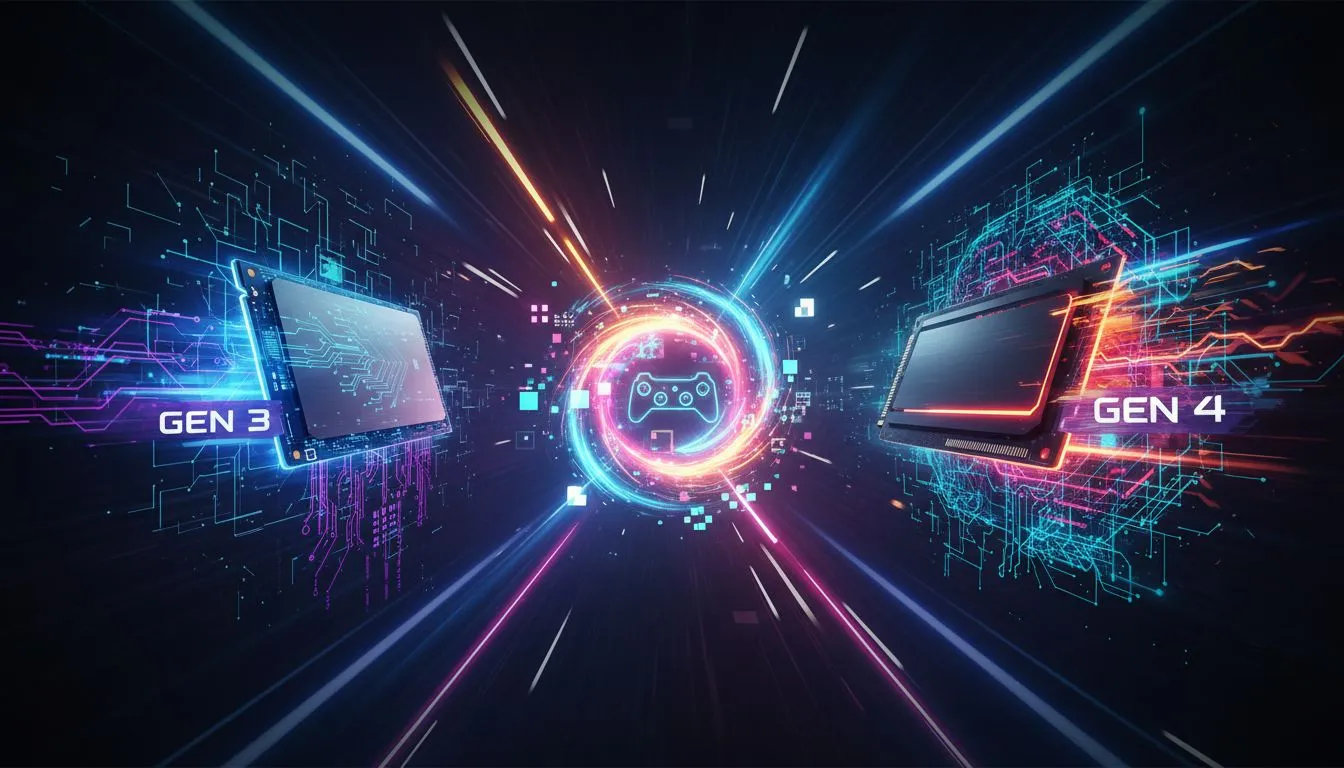
Staring at a loading screen while your mates are already dropping into the action? We’ve all been there. That spinning icon is the ultimate killjoy. In the quest for instant-on performance, the PCIe Gen 4 SSD vs Gen 3 debate is crucial. Is the newer tech worth the extra Rands for your South African gaming rig, or is the trusty Gen 3 still the king of value? Let's break it down, no jargon allowed.






At its heart, the difference is about bandwidth... think of it as changing from a two-lane road to a four-lane highway. A PCIe Gen 3 slot can move data at roughly 3,500 megabytes per second (MB/s). A PCIe Gen 4 SSD, however, can hit blistering speeds of over 7,000MB/s. 🚀
That’s double the theoretical performance. While you might not feel that full power in every single task, for heavy-duty work like editing 4K video or moving massive game files, the advantage of a PCIe 4.0 SSD becomes incredibly clear.
Okay, numbers are great, but what does this mean for loading into Apex Legends or booting up Windows?
Right now, the difference in game load times between a top-tier Gen 3 and a Gen 4 SSD is often just a few seconds. But here's the key: future-proofing. Technologies like Microsoft's DirectStorage are designed to let your GPU access the SSD directly, slashing load times. Games built with this in mind will lean heavily on the speed of Gen 4 drives, making them a smart investment for a new build. When you need pure performance, you can't go wrong with top-tier Corsair SSDs.
This is where the PCIe Gen 4 vs Gen 3 SSD comparison really matters. If you're scrubbing through video timelines, rendering complex projects, or compiling code, Gen 4 is a massive quality-of-life improvement. Those seconds saved on every file transfer and render add up, making your entire workflow smoother. Investing in high-capacity 2TB drives means less time managing storage and more time creating.
Before you buy, make sure your motherboard and CPU support PCIe 4.0. You'll typically need an AMD B550 X570 or newer, or an Intel Z590 11th Gen CPU or newer to get full Gen 4 speeds. Plugging a Gen 4 drive into a Gen 3 slot will work, but it will run at the slower Gen 3 speeds.
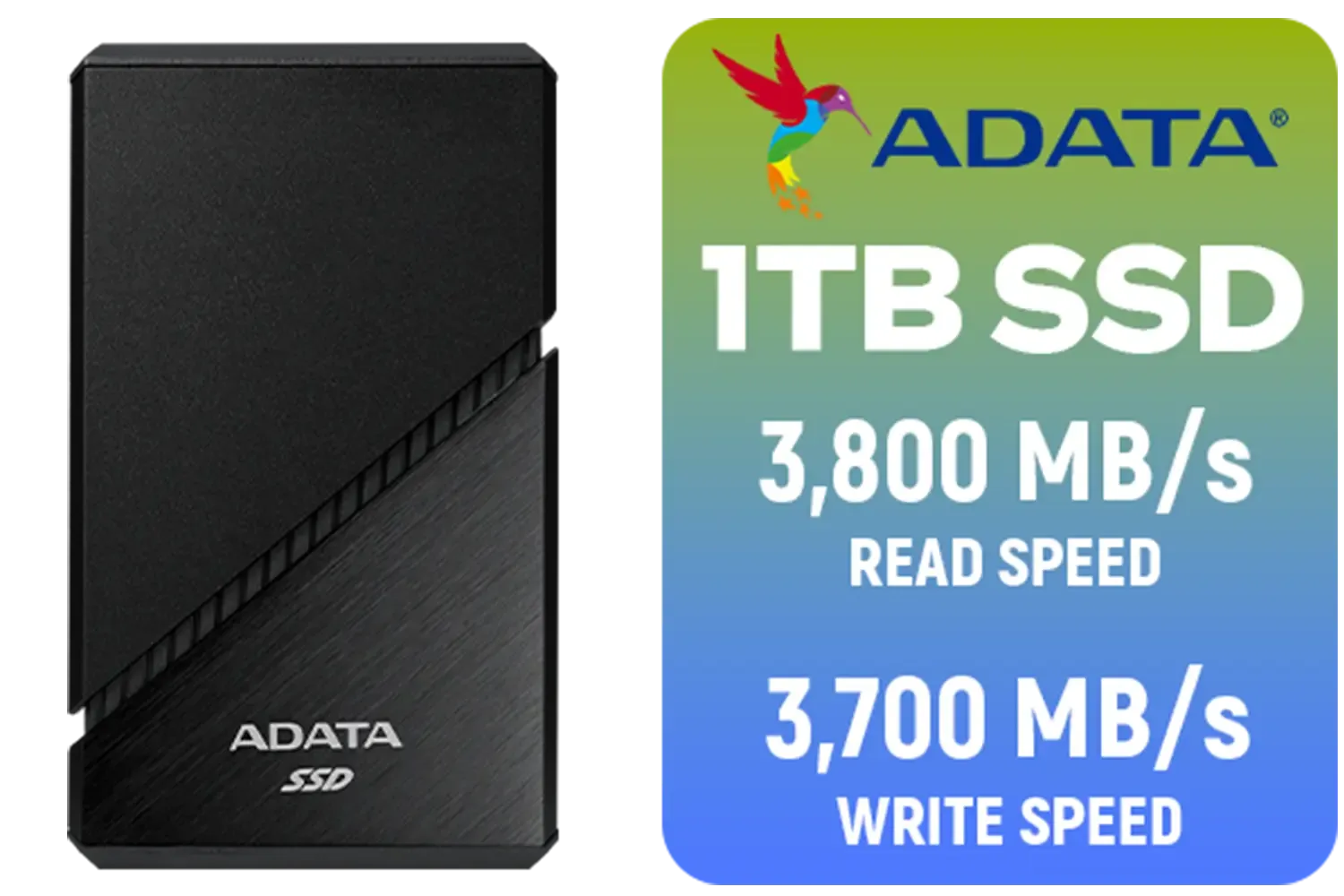

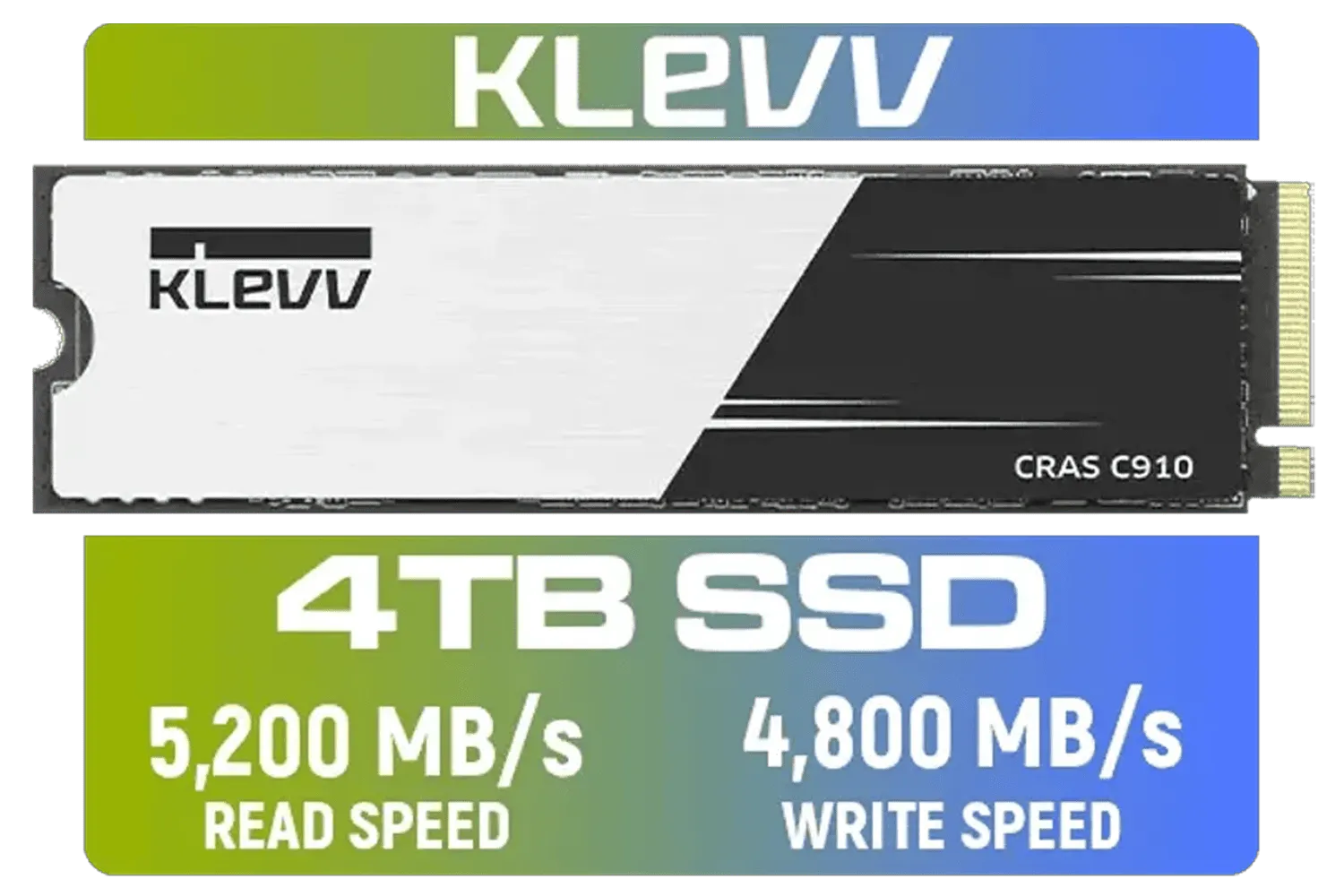
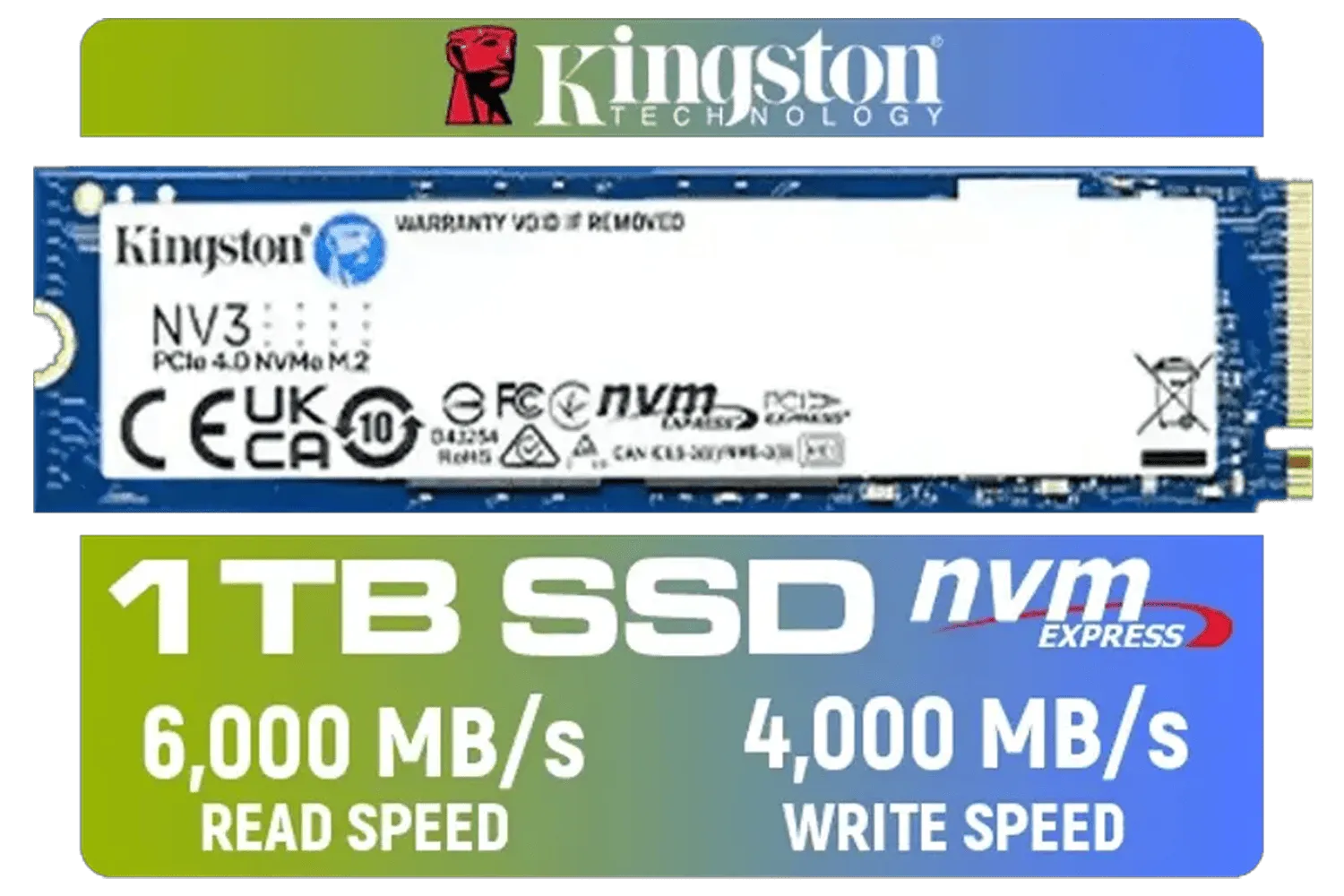

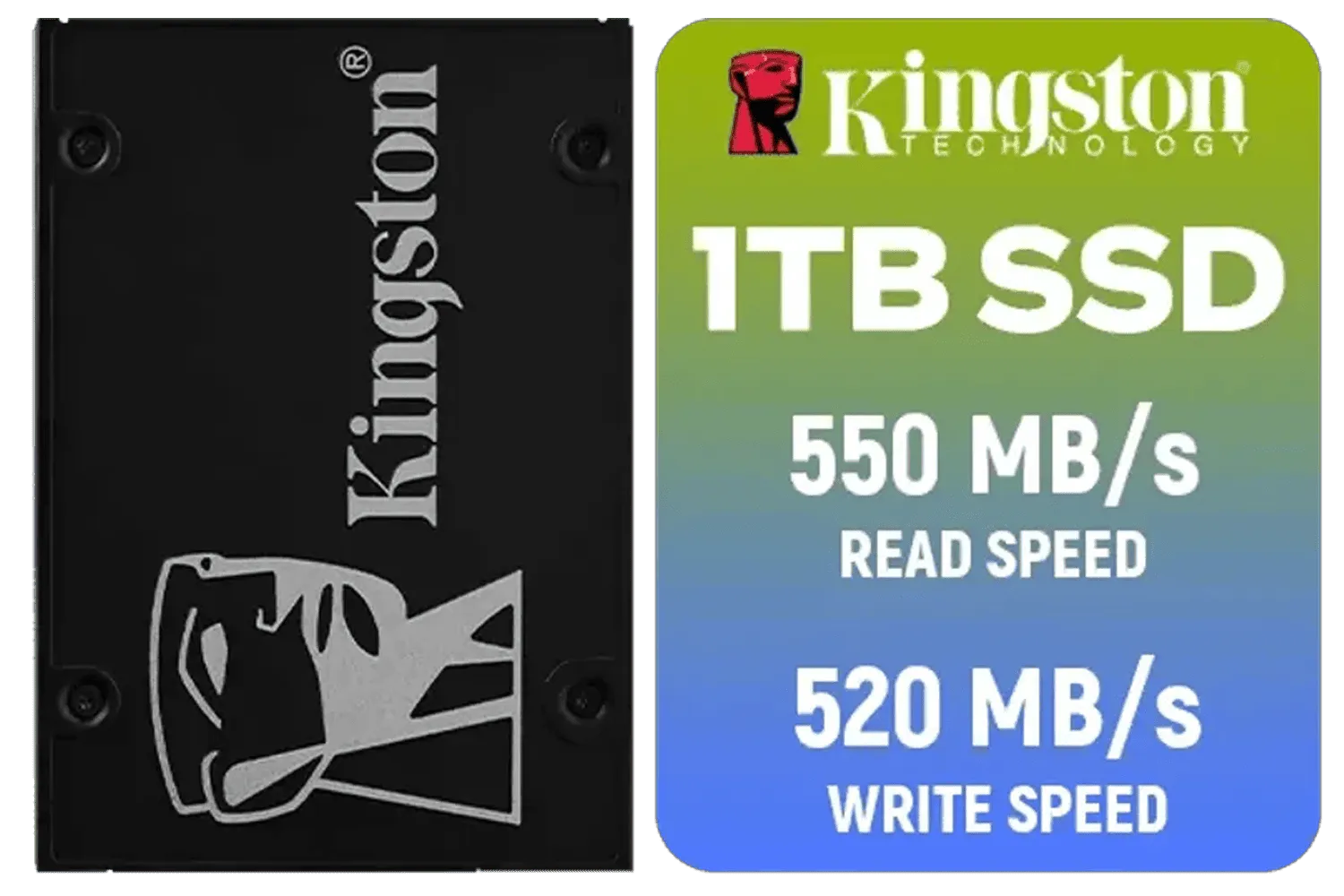
Let's get down to brass tacks. Your choice in the PCIe Gen 4 SSD vs Gen 3 battle depends entirely on your build, budget, and what you do with your PC.
A PCIe Gen 4 SSD is the right call if:
A PCIe Gen 3 SSD is still a brilliant choice if:
For many builders, the incredible value offered by reliable Kingston drives makes Gen 3 a very smart and budget-friendly option. Similarly, you can find some great value ADATA options that deliver fantastic performance without breaking the bank. ✨



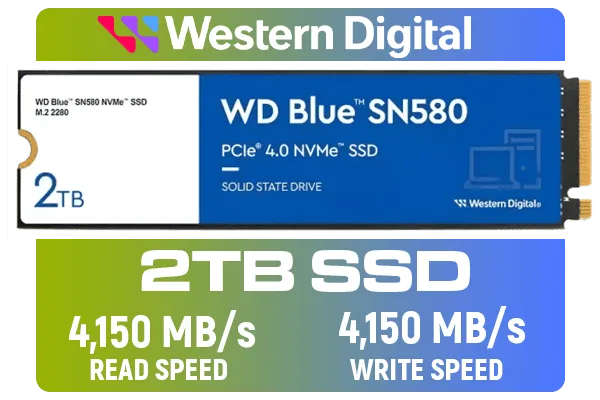
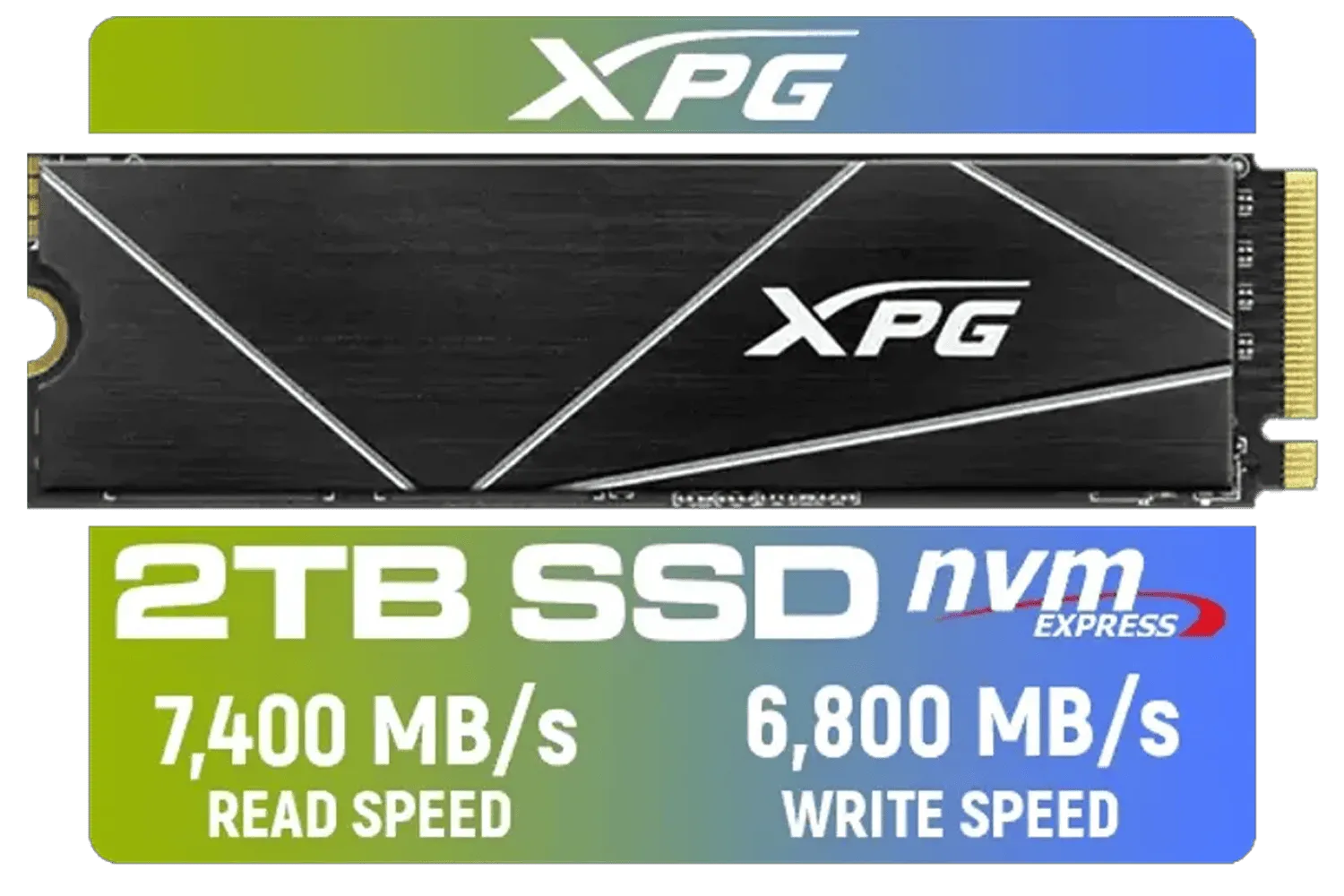

The verdict is simple: Gen 4 is the clear performance winner and the future standard, especially for demanding workloads. However, Gen 3 offers performance that is still lightyears ahead of old-school hard drives at a price that’s hard to ignore. The best choice is the one that fits your system and your wallet.
Ready to Annihilate Loading Screens? Whether you need the blistering speed of PCIe Gen 4 or the unbeatable value of Gen 3, the right SSD is waiting. Explore our massive range of NVMe SSDs and give your PC the speed boost it deserves.
Gen 4 NVMe can roughly double peak sequential speeds vs Gen 3, but real-world gains depend on workloads and system bottlenecks.
You need a motherboard and CPU that support PCIe Gen 4 lanes; otherwise the drive will run at Gen 3 speeds (compatibility matters).
Gen 4 can cut some load times, especially with large streaming assets, but gains are often modest compared with game design limits.
Gen 4 drives can run hotter under sustained loads; active cooling or heatsinks often keep performance stable and prevent thermal throttling.
If you edit high-res video, run heavy databases, or want futureproof speeds, Gen 4 often justifies the premium; casual users may not need it.
Yes—most Gen 4 NVMe SSDs are backwards compatible and will operate at Gen 3 speeds without damage.
Prioritize sustained write performance, TBW/endurance, heatsink presence, and platform compatibility when picking a Gen4 SSD.